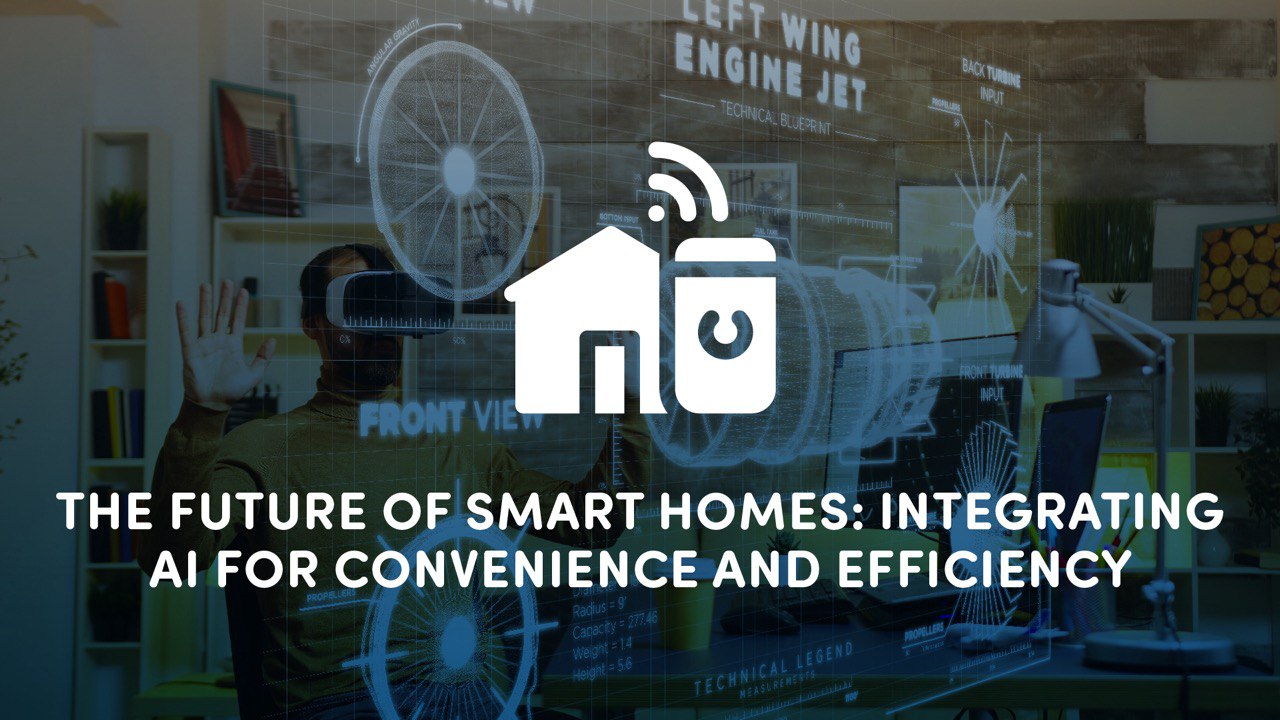In recent years, smart home technology has evolved from a novelty to a necessity, transforming the way we live and interact with our living spaces. With the integration of artificial intelligence (AI), smart homes are becoming even more intelligent, convenient, and efficient than ever before.
AI-powered smart home systems are revolutionizing the way we interact with our homes, offering a seamless and intuitive experience that enhances convenience and efficiency. From voice-activated assistants like Amazon Alexa and Google Assistant to intelligent thermostats and lighting systems, AI technology is enabling homeowners to control and automate various aspects of their homes with ease.
One of the key benefits of AI in smart homes is its ability to learn and adapt to the preferences and habits of homeowners. AI algorithms analyze data from sensors, devices, and user interactions to understand patterns and make intelligent predictions about user behavior. This allows AI-powered smart home systems to anticipate the needs of homeowners and adjust settings automatically for optimal comfort and energy efficiency.
For example, AI-powered thermostats can learn the temperature preferences of homeowners and adjust heating and cooling systems accordingly, while AI-powered lighting systems can adjust brightness and color temperature based on the time of day and natural light levels. These intelligent adjustments not only enhance comfort but also help homeowners save energy and reduce utility bills.
Moreover, AI-powered smart home systems offer advanced security features that provide peace of mind to homeowners. AI algorithms can analyze data from security cameras, motion sensors, and door/window sensors to detect unusual activity and alert homeowners of potential security threats. Some AI-powered security systems even have facial recognition capabilities, allowing them to distinguish between family members, friends, and strangers.
In addition to convenience and security, AI-powered smart home systems also offer enhanced entertainment and connectivity features. AI-powered entertainment systems can recommend personalized content based on user preferences, while AI-powered voice assistants can control smart home devices, answer questions, and perform tasks like ordering groceries or calling a ride-sharing service.
Overall, the future of smart homes is bright with the integration of AI technology. AI-powered smart home systems offer unparalleled convenience, efficiency, and security, transforming the way we live and interact with our homes. As AI technology continues to advance, we can expect to see even more innovative and intelligent features that make our homes truly smart and connected.





Leave a comment
All comments are moderated before being published.
This site is protected by hCaptcha and the hCaptcha Privacy Policy and Terms of Service apply.